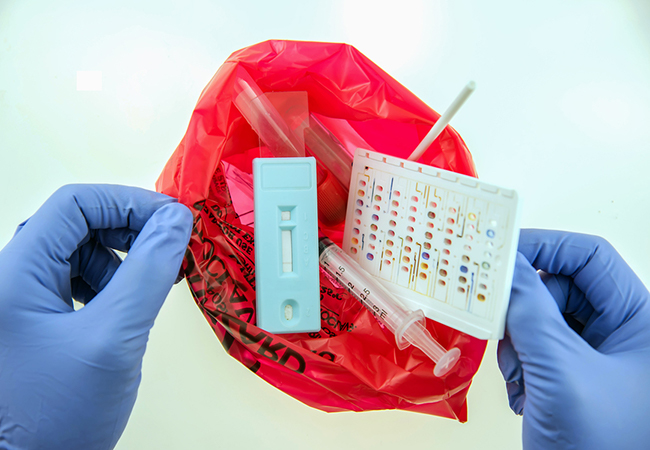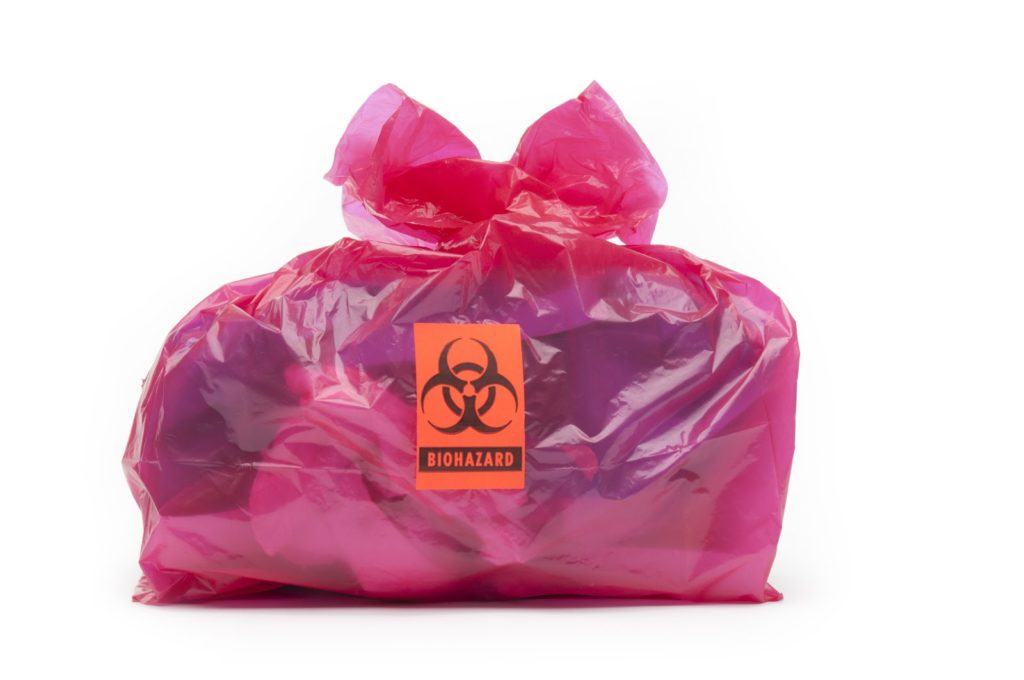Streamlined Solutions: Streamlining Medical Care Methods with Specialist Medical Waste Disposal
Streamlined Solutions: Streamlining Medical Care Methods with Specialist Medical Waste Disposal
Blog Article
Checking Out Various Garbage Disposal Options for a Cleaner Environment
In the quest of a cleaner atmosphere, the administration of waste disposal has become a crucial centerpiece for sustainable advancement. With a wide variety of waste disposal options available, ranging from conventional garbage dump approaches to cutting-edge waste-to-energy technologies, the choice of how we manage our waste has far-reaching effects for our world's wellness. By examining the different techniques and techniques employed in reusing, composting, incineration, garbage dump management, and waste-to-energy processes, a much deeper understanding of their effects and efficiency can be gained. The mission for ideal waste disposal methods that focus on environmental conservation while fulfilling the requirements of a growing population continues to be a pressing concern in today's world.
Recycling Techniques
Carrying out effective recycling approaches is crucial in decreasing waste and promoting sustainability in our environment. Reusing includes the procedure of converting waste products right into reusable things to stop unneeded disposal. One of one of the most usual recycling techniques is material healing, where materials like paper, plastic, glass, and steel are collected, sorted, and processed to develop new items. This process not just saves natural sources however additionally decreases power consumption and greenhouse gas exhausts connected with creating brand-new materials from square one.
Another vital recycling approach is composting, which entails decomposing organic waste like food scraps and lawn trimmings into nutrient-rich soil. By incorporating these various recycling techniques into our waste management techniques, we can substantially lower our environmental footprint and move in the direction of an extra sustainable future.

Composting Techniques
Efficient waste monitoring practices, such as recycling approaches, lead the way for a cleaner setting, and now, moving the emphasis to 'Composting Techniques', we discover sustainable ways to decay organic waste for environmental advantage. medical waste disposal.
Composting is a natural procedure that changes organic waste, like food scraps and lawn trimmings, right into a nutrient-rich soil amendment. The secret to effective composting hinges on creating the best equilibrium of eco-friendly materials, such as vegetables and fruit scraps, and brown products, like dried out leaves and branches. These products disintegrate with the assistance of microbes, damaging down the waste right into valuable compost.
Conventional backyard composting involves layering organic materials in a bin or pile and consistently transforming the combination to freshen it. By using composting methods, we can decrease the amount of waste sent to landfills while creating an advantageous product for enriching soil and supporting plant development.
Incineration Disadvantages and pros
Incineration, as a waste disposal technique, offers both advantages and disadvantages that warrant mindful consideration in the world of sustainable waste monitoring methods. On the favorable side, incineration can considerably lower the volume of waste, lessening the need for land fill area and possibly reducing greenhouse gas discharges.
In addition, the high preliminary investment and operational costs of incineration facilities posture economic challenges, making it a less cost-efficient alternative contrasted to various other waste management techniques. Cautious surveillance and policy are necessary to alleviate these unfavorable effects and make the most of the benefits of incineration as component of a detailed waste administration technique.
Landfill Administration Methods
Landfills play a critical duty in waste administration and environmental preservation by providing a control system for the disposal of strong waste materials. By condensing the waste, the quantity is minimized, enabling for more waste to be suited over time.
In addition, the execution of everyday cover practices is essential in minimizing smells, stopping trash, and reducing the destination of parasites. Treatment the disposed waste at the end of each day aids to consist of smells and prevent possible ecological contamination. Additionally, the surveillance of garbage dump gas emissions and leachate degrees is essential in guaranteeing that ecological standards are fulfilled and that any kind of prospective risks to bordering ecological communities are reduced.

Waste-to-Energy Technologies
Among the cutting-edge approaches to squander management entails utilizing Waste-to-Energy modern technologies to transform strong waste into usable energy resources. Waste-to-Energy (WtE) technologies encompass a series of processes that intend to extract energy from waste materials through thermal, chemical, or biological means. This conversion procedure not just minimizes the volume of waste that winds up in garbage dumps but also generates useful power sources such as electricity, warmth, or biofuels.
There are numerous techniques of Waste-to-Energy conversion, including gasification, incineration, and pyrolysis. Incineration includes burning waste at high temperatures to create warm and electrical power. Gasification converts waste into a syngas, which can be made use of for power generation or chemical production. Pyrolysis breaks down natural products using heats in the absence of oxygen, producing bio-oil, gas, and char.
Executing Waste-to-Energy innovations can aid alleviate environmental problems connected with standard waste disposal methods while all at once offering an eco-friendly energy resource. Mindful consideration should be offered to emissions control and ensuring the sustainability of feedstock materials for these technologies to be really advantageous for a cleaner setting.

Final Thought
Finally, discovering numerous garbage disposal options such as recycling, composting, incineration, land fill monitoring, and waste-to-energy technologies is important for promoting a cleaner environment - click here. Each technique has its very own benefits and obstacles, but by utilizing a combination of these approaches, we can work towards minimizing the quantity of waste that finishes up in land fills and inevitably add to a much more lasting future for generations ahead
With a multitude of waste useful reference disposal options offered, ranging from standard landfill techniques to ingenious waste-to-energy innovations, the option of exactly how we handle our waste has significant effects for our planet's well-being. medical waste disposal.Incineration, as a waste disposal approach, offers both benefits and negative aspects that warrant cautious factor to consider in the realm of sustainable waste administration practices.Landfills play an important function in waste administration and environmental conservation by providing a control system for the disposal of strong waste products. By compacting the waste, the volume is lowered, permitting for more waste to be accommodated over time
One of the innovative approaches to throw away monitoring includes utilizing Waste-to-Energy technologies to transform solid waste into functional energy sources.
Report this page